Tag: BEAD
Georgia, Wisconsin Ask Department of Commerce to Remove BEAD Roadblocks
The Wisconsin legislature did not approve the governor’s request for broadband funding because it expected to receive BEAD investments.

ILWW to Senator Dick Durbin: BEAD Changes Should Be Optional
The letter from the McGlasson is the latest in a series that show concern about the coming changes to the BEAD program.

Texas Releases Notice of Funding Availability for BEAD and TMAP
The Texas Notice of Funding Availability comes as the BEAD process awaits clarification from the U.S. Department of Commerce.
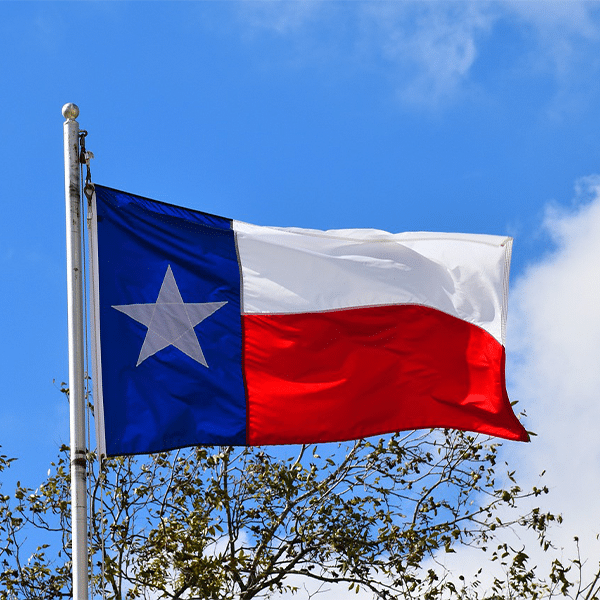
Broadband Expansion and BEAD (Part 3)
In the final episode of Telecompetitor’s three-part BEAD series, Finley experts explore trends among early BEAD awardees and offer insights on fiber deployment readiness. Theme: “Be ready.”
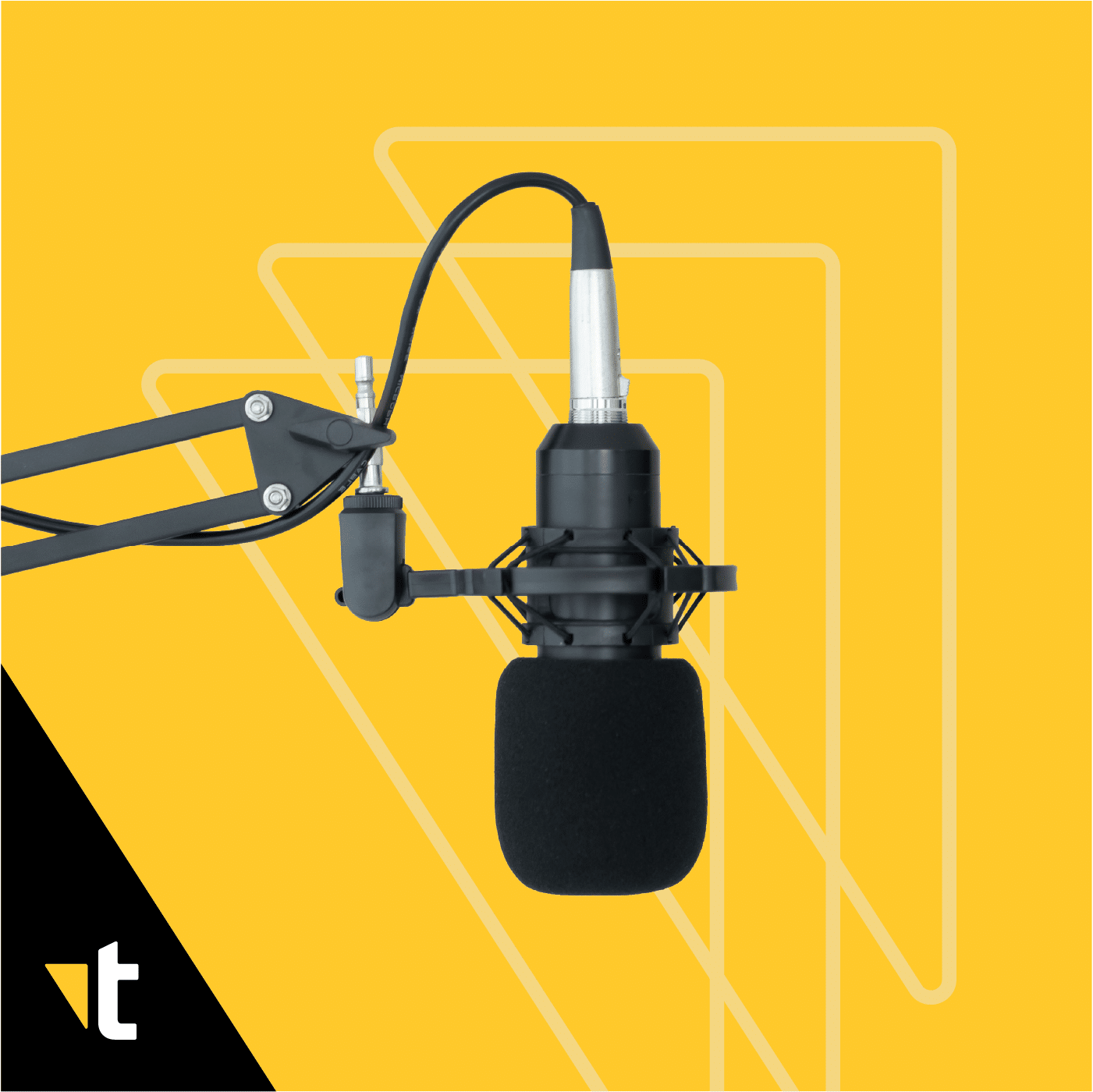
Biggest Nevada BEAD Awardee is Commerce’s Latest Pen Pal
Sky Fiber was Nevada’s biggest BEAD awardee. In a letter, the company urged Commerce to move ahead on the program.

Amid Republican Opposition, BEAD Rural Broadband Changes May Be Delayed
BEAD rural broadband program changes may not happen until June or July. Senator Capito is the latest to weigh in against a major overhaul.

Broadband Expansion and BEAD (Part 2)
Discover how broadband providers can stay ahead of the competition in funding pursuits, Join Telecompetitor and Finley’s Chris Konechne and Tim Arbeiter in Episode 2 of this three-part series, themed “Be Aggressive.”

New York Extends BEAD Rural Broadband Deadline, Florida Begins Registration Process
The New York BEAD broadband program has a $664 million budget and is currently accepting applications for the program’s third round.
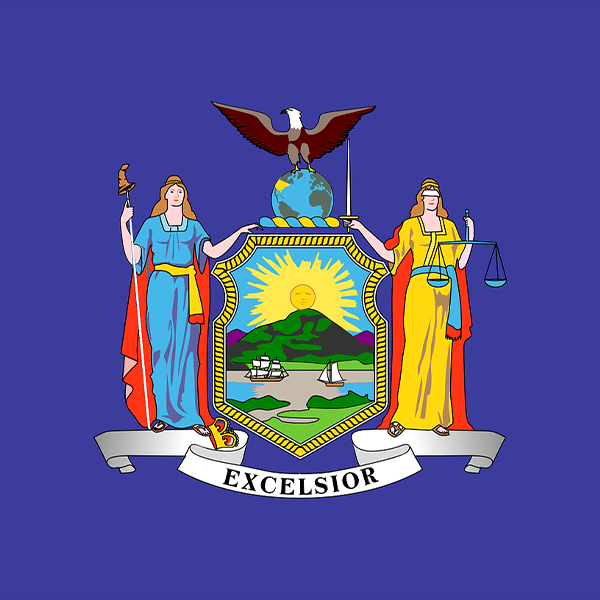
Missouri Delays Award Announcements Pending BEAD Changes
The update says that the OBD is fine-tuning the Missouri BEAD project areas that will be available in Round 2 of the program.

Arizona and Indiana Update BEAD Progress
Indiana has allocated 40% of its total BEAD Program funding. The remaining 60% will be awarded in Round 2.

Tennessee Offers BEAD Update: 298 Applications for More Than $704M
In this first round, Tennessee received 298 BEAD applications that cover 174 of the state’s 178 Project Area Units (PAUs).

Vermont BEAD Update: State Can Reach 95% of Locations With Fiber
Vermont anticipates having enough funds to serve all of their underserved and unserved locations with their BEAD allocation.

Broadband Expansion and BEAD (Part 1)
In Part 1 of this three-part series, Telecompetitor speaks with Finley’s Chris Konechne and Tim Arbeiter about how broadband providers are approaching network expansion with confidence—whether they’re involved in the BEAD Program or not. The theme: “Be comfortable.”

NTIA Extends BEAD Final Proposal Deadlines 90 Days
The NTIA, in extending the deadlines for BEAD Final Proposals, said the action is “in the best interest of the Federal Government.”

Oregon Opens BEAD Application Window
The state of Oregon has $689 million to award for eligible BEAD projects, and a 25% match is required of all projects.

Oklahoma Fiber-Only BEAD Pool Application Window Opens
The first round of Oklahoma BEAD applications is limited to those projects that only employ fiber optic broadband technology.
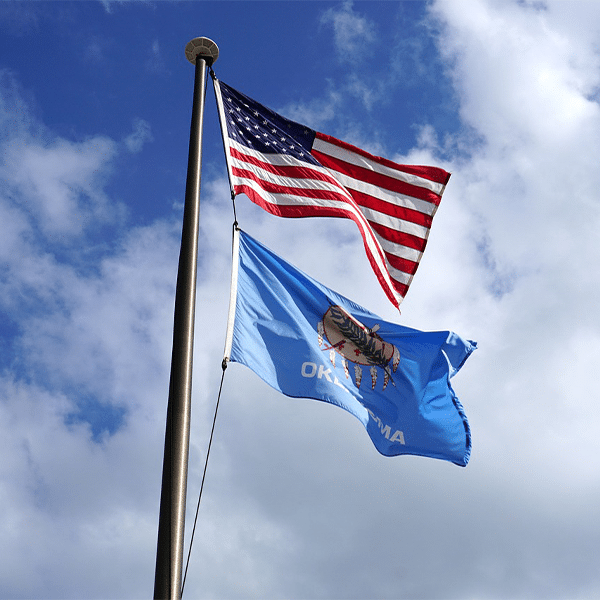
Idaho Announces List of Prequalified BEAD Providers
Idaho said it is committed to opening the BEAD funding application phase in the second quarter of this calendar year.
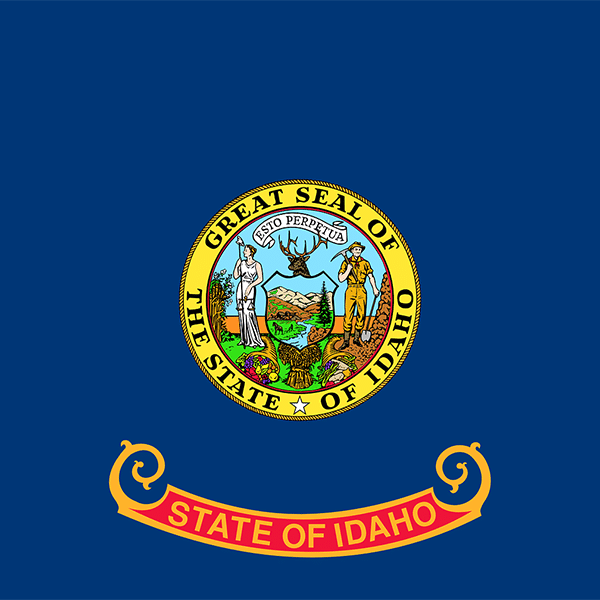
Massachusetts Broadband Institute: No Need for Round 2 BEAD Grant Solicitation
All subgrantee selections are provisional and must be approved during the NTIA’s review of the Massachusetts BEAD Final Proposal.

Analyst Highlights Four Possible Paths for BEAD Rural Broadband Reforms
Two of the four paths for BEAD rural broadband reforms are more likely to be chosen, said Washington insider Blair Levin.
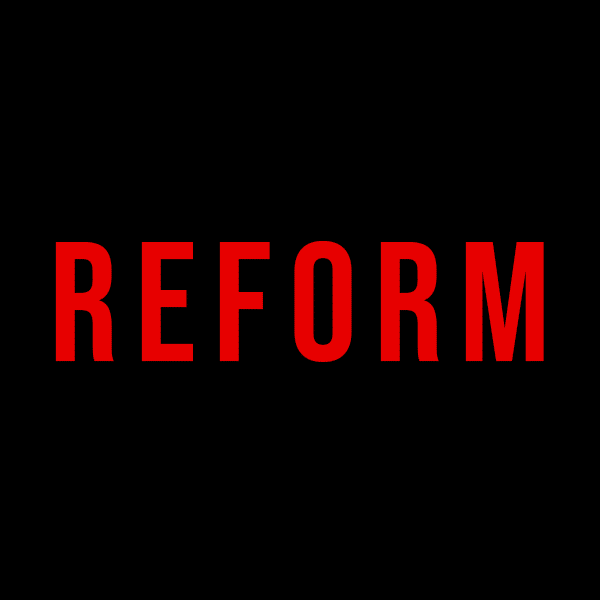
Michigan BEAD Round 1 Update: 392 Applications Covering 193,000 Addresses
The National Telecommunications and Information Administration approved a BEAD scoring tweak for Michigan late last month.
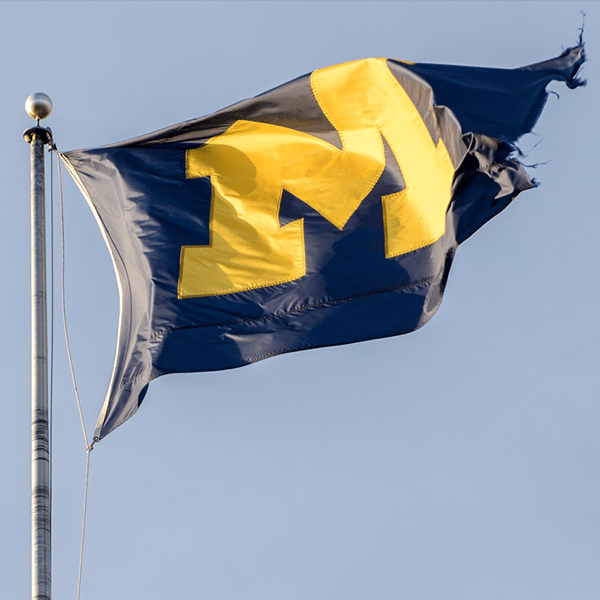
New York Opens BEAD Request for Applications (RFA) Period
The New York deadlines are largely tentative and depend on action by the NTIA, which is managing the BEAD process nationally.

Who’s Cleared to Apply for BEAD Broadband Funding? See Our State-by-State Lists
We polled the states to determine which providers are cleared to apply for BEAD funding, obtaining lists that include hundreds of providers.

Oregon Announces More Than $24M in Broadband Grants, Offers BEAD Update
According to the announcement, most locations served by this round of Oregon broadband grants are unserved.

Rhode Island Releases BEAD Proposal Guidelines
The proposed Rhode Island BEAD scoring criteria are grouped into priority broadband projects and other last-mile projects.
